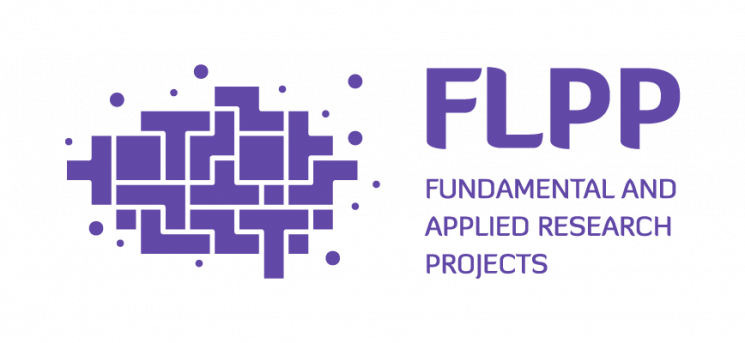
Human herpesvirus 6 chemokine receptor mediated immunomodulating mechanism involvement in autoimmune thyroiditis development
Aim
Description
The role of human herpesvirus 6 (HHV-6) in multiple autoimmune disorders has already been demonstrated. Although HHV-6 can often be found in autoimmune thyroiditis (AIT) patients, mechanisms elucidating how the virus influences the development of autoimmunity are not clear. HHV-6 codes two chemokine receptors – U12 and U51, which are putative human chemokine receptor homologues and belong to the G protein coupled receptor family. In addition, our previous work demonstrated the presence of virus protein derived peptide specific antibodies in AIT patient plasma samples. Knowing the similarity of these viral proteins to their human counterparts, the fact that they can be expressed on infected cell surfaces and their ability to bind chemokines, the aim of this study is to elucidate the role of U12 and U51 in the development of AIT. AIT patients harboring HHV-6 infection and viral chemokine receptor expression in thyroid tissues will be identified. The immunogenicity of the receptors and possible antibody crossreactivity will be determined using suspension multiplex immunological assays. These results will be used to obtain viral receptor specific antibodies to visualize viral protein expression in the thyroid gland using immunofluorescent microscopy. Results will provide information about a potential undescribed mechanism of autoimminuty initiation by the virus, which could be utilized to create a specific testing protocol.



